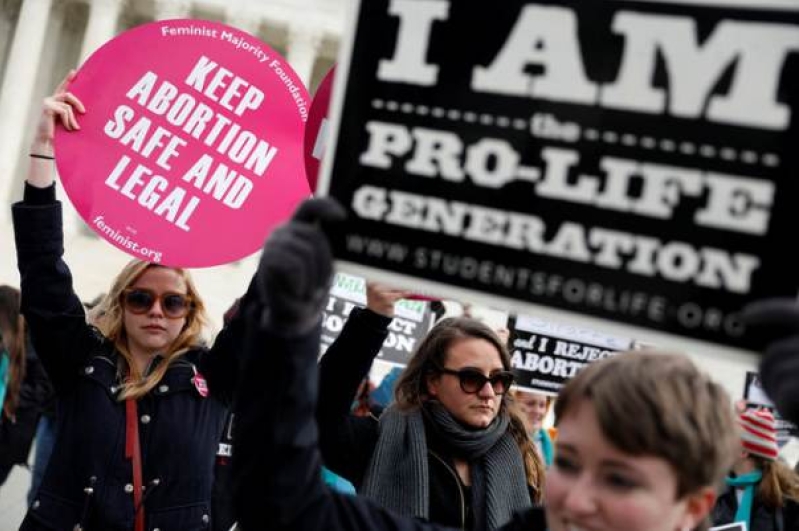
Patrick Day is a Democrat. He passes the usual checklist of Democrat tenets, he asserts. He opposes the death penalty, guns, and war, for example, and supports social healthcare, the "Black Live Matter" ideology, feminism, as well as the welfare system. What divides him from many of his counterparts, Day suggests, is his "pro-life" stance. He also says that in being so, he feels "isolated" within his own Party:
"It’s not often that I feel accepted by my party. In fact, the best way I’ve found to live as a pro-life Democrat is just to avoid the topic. Most of the people I’m surrounded by in liberal, cosmopolitan Seattle are progressives, so once people know how I feel about abortion, they want to “help me” — meaning fix me. Then there’s the lack of acceptance among my Christian community. I’ve been in the middle of a conversation with a conservative Christian friend where he just stops, mid-sentence, and says, “we really need to talk about you voting for Democrats.”
Patrick shares his rare conviction that life begins at conception:
"But as unscientific as this might seem, I believe that the collection of cells formed at conception is a person. What I see in the unborn and in all of us is a soul, a purposed creation, a divine eternal being, more valuable than the entire US military budget. I’m not asking you to accept that premise, but if we could just begin to understand why we disagree, and find some respect for each other’s perspective, it could be a first step."
However, while Day is personally pro-life and attests to the desire to see children come fully to term, he does not support the overturning of Roe v. Wade:
"As a pro-life Democrat, I don’t support overturning Roe v. Wade or criminalizing abortions. Generally I believe forcing morality onto a public via law doesn’t work well. Laws can’t change hearts. In fact, they usually calcify them."
"In the meantime, if you are a Democrat, know that I stand with you, and if you are pro-life know that I hear you, and if you are a pro-life Democrat, please know, you are not, in fact, alone. Speak out, be heard, don’t be afraid."
Whether you or I agree with Day, there is something to his words. Day's case is an interesting one--a stimulating one, relevant for the Christian to consider. Is legislated morality really more harmful to society than taking a presumably "neutral" stance? Moreover, is there even such a thing as neutrality regarding the all-encompassing issue of conception?
Lastly, how significant, biblically, is the reality of unity? Certainly, Scripture speaks of it often, urging men to live in peace as far as it is possible with one another. But in context, does "one another" refer to society as a whole, or is it limited to the regenerate populace? Does unity trump truth, or vice versa?
I would contend that in all situations, Truth must prevail (John 14:6)---and that the nature of unity is determined by level of truth it represents.






